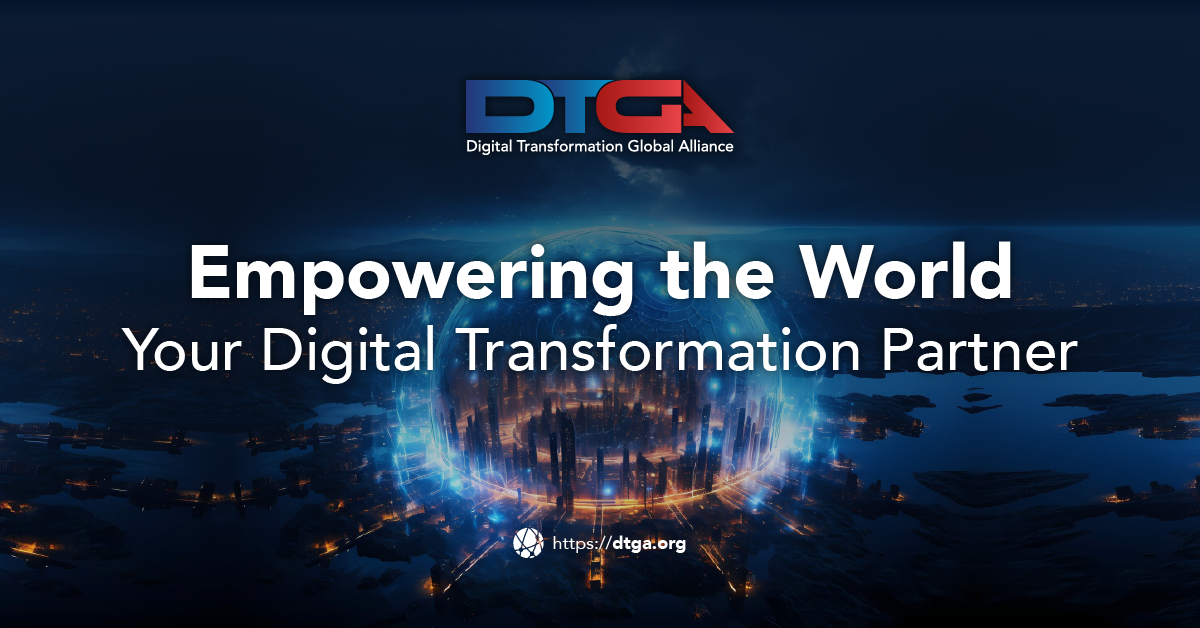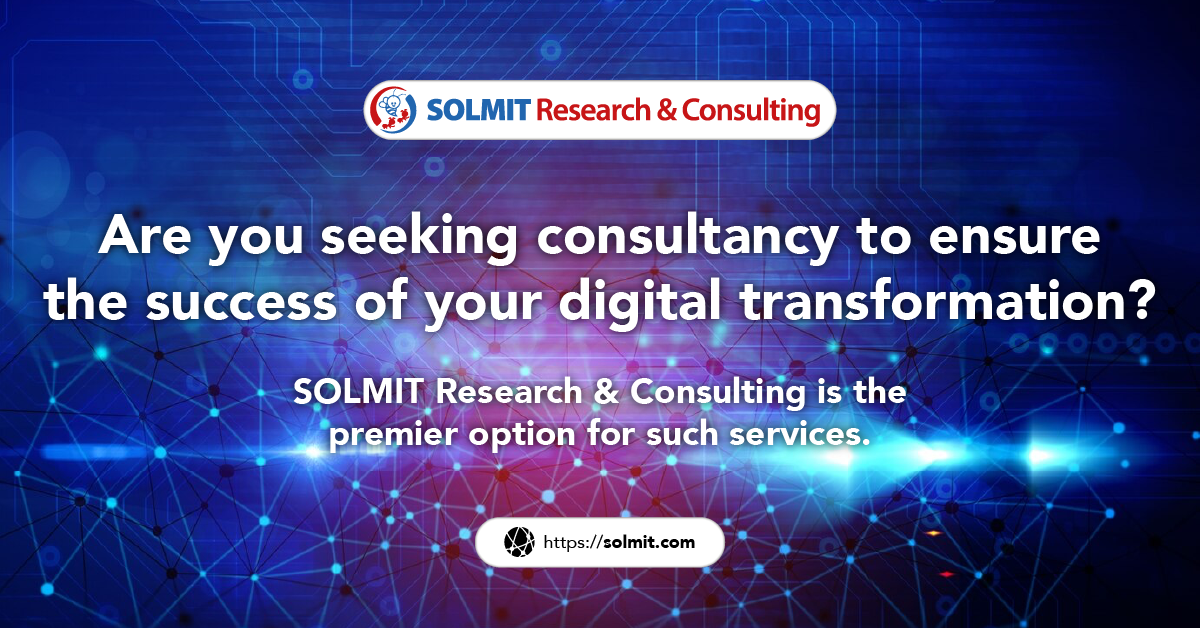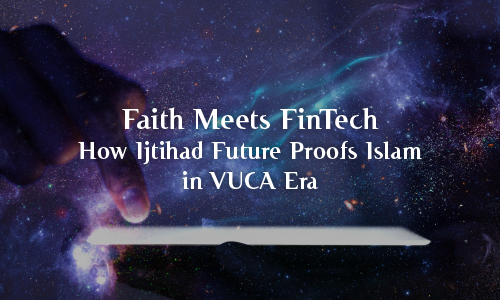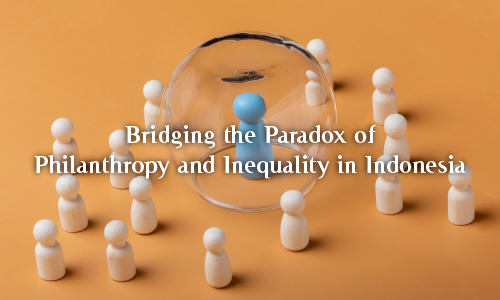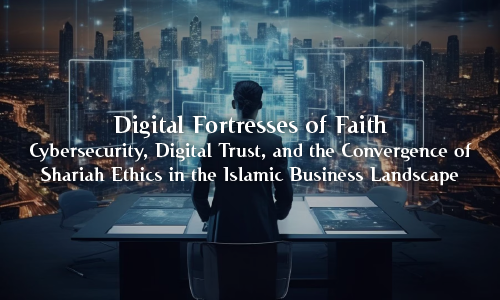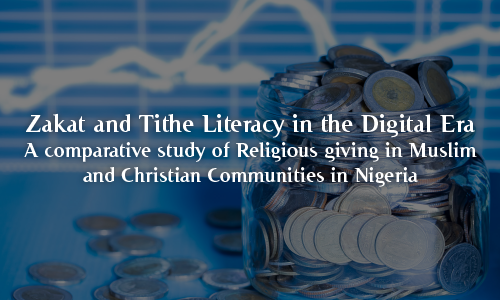
Summary: Religious giving, expressed primarily through zakat in Islam and tithing in Christianity has historically functioned as both a spiritual obligation and a socio-economic mechanism for wealth redistribution. The digital era has transformed these practices by introducing fintech platforms, mobile banking, blockchain verification, and AI-driven donor engagement. While these tools promise increased efficiency, transparency, and global reach, their adoption is shaped by theological understanding, infrastructure, trust, and digital literacy. This article examines global trends in faith-based digital giving, with a particular focus on Nigeria, a country with nearly equal Muslim and Christian populations and a rapidly expanding fintech sector. The Nigerian case highlights the potential for dual-faith innovation alongside significant barriers, including infrastructural deficits, public mistrust, and uneven digital literacy. Findings suggest that sustainable digital religious giving requires an integrated approach combining technological competence, financial awareness, and theological integrity. Recommendations include enhancing community-based trust networks, investing in inclusive infrastructure, and embedding doctrinal guidance within digital literacy programs. The study concludes that ethical, inclusive, and spiritually grounded digital giving can strengthen religious engagement and socio-economic development across diverse global contexts.
Introduction: Faith, Finance, and the Digital Shift
Religious giving has long been an essential pillar of faith practice, shaping both spiritual devotion and social responsibility in Muslim and Christian communities. In Islam, zakat functions as a divinely mandated mechanism for wealth redistribution, intended to uphold justice and alleviate poverty. In Christianity, tithing has historically symbolized obedience and stewardship, often expressed as offering one-tenth of one’s income for the mission and welfare of the church. In both traditions, giving is more than a transaction; it is a covenantal act that binds the believer to God and to the wider community.
The rapid rise of digital finance is redefining how these acts of giving are understood, calculated, and delivered. Mobile banking, blockchain verification, AI-driven donor engagement, and online donation platforms are reshaping the philanthropic landscape of faith communities worldwide. While these tools promise greater efficiency, transparency, and global reach, they also introduce new complexities related to trust, inclusion, and theological integrity. The Nigerian experience offers a particularly revealing case study, as the country’s religious demographics, nearly equally divided between Muslims…


